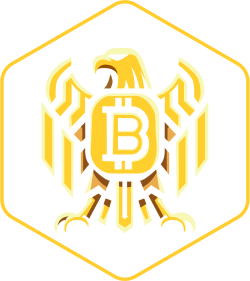Key Points
Solana and Ethereum are vying for dominance in the world of smart contracts.
Ethereum, the pioneer of smart contracts, has been facing scalability issues.
Newer chains like Solana and Cardano aim to resolve these.
Solana’s Rising Popularity
One observer notes that Solana is gaining traction.
Since mid-last year, Solana’s prices have seen a sharp rise due to progress in resolving the FTX bankruptcy.
The rise in network activity, particularly the surge in meme coins, has increased Solana’s demand, pushing its market cap ranking to fifth.
Meanwhile, Ethereum continues to hold the second spot, largely due to its first-mover advantage and a comprehensive ecosystem.
Developers looking for cost-effective transactions are increasingly turning to Solana.
The platform is designed for high performance.
Its architecture supports fast transaction speeds and low costs, making it attractive to both developers and users seeking efficiency.
The appeal of Solana is set to grow as its developers are known for their excellent product execution and communication.
Developers looking for a high-throughput network, similar to traditional platforms, can find a suitable platform in Solana.
As the network can scale, it can avoid the high gas fees associated with legacy chains like Ethereum and Bitcoin.
Ethereum’s Decentralization Advantage
However, Solana’s focus on product execution is also a drawback.
Blockchain purists argue that while Ethereum may be slow, it is decentralized.
The decentralization of the second most valuable network gives it an edge by ensuring higher reliability.
Ethereum’s commitment to decentralization means it operates on a more distributed network of nodes, enhancing its security and resilience against censorship.
Beaconcha.in data shows that Ethereum has over 1.8 million validators and the number continues to grow.
This emphasis on decentralization comes with a trade-off.
Ethereum is slower and more expensive than Solana, which according to the analyst, is more centralized but offers higher performance and lower transaction costs.
The analyst suggests that Ethereum’s focus on decentralization positions it as a preferred infrastructure primitive, supporting great tech.
Being the first smart contracts network, Ethereum is emerging as a platform for creating virtually any verifiable system, including cost-effective and high-performance solutions.







